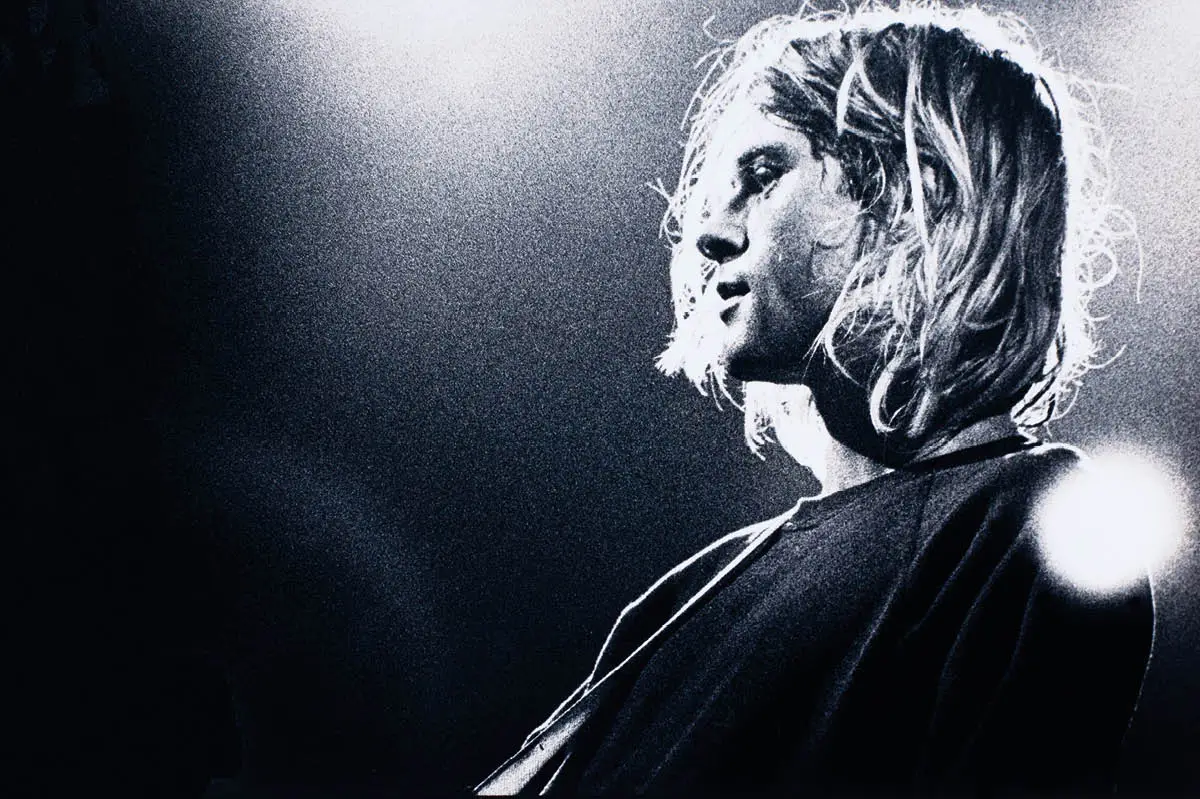Michael Jackson has a claim to being the most famous man in history. He is certainly the most widely seen and heard. His career straddled five decades and the heydays of radio and television. His Thriller is the best-selling album of all time. He went from playing nightclubs and The Ed Sullivan Show with the Jackson 5 to solo tours that each attracted more than four million fans.
For musical celebrity, there is no comparison. The Beatles? MJ owned them, literally: he bought their entire catalogue in 1985. Elvis Presley? Lisa Marie was the King of Rock and Roll’s only daughter, but it took marrying the King of Pop to make her a star. The cost of Michael’s success, of course, was immense: his childhood, his privacy, his dignity and, ultimately, his life, via the painkillers that finished him. On stage he was an unparalleled force; off it, a tragic figure. You’d think there’s a compelling Broadway show in there somewhere.
The new MJ: The Musical purports to give us Michael’s music and life in jukebox style, centered around a rehearsal for his 1992- 93 Dangerous tour. It succeeds by half. The showmanship is marvelous, a loving tribute to Michael, who was the last great song-and-dance man of our age, maybe ever. But the story is so insipid that you wonder whether playwright Lynn Nottage didn’t rubber-stamp and forward along a book sent to her by the MJ estate.
The action is framed through a documentary crew angling for a behind-the-scenes look at Michael’s life on tour. Various difficulties that arise during rehearsal — the cost and complexity of the production, Michael’s insistence on perfection, the specter of racism and the prying of the media — serve as touchstones for flashbacks spanning from his youth to 1992. In the wake of Leaving Neverland, the 2019 exposé trumpeting fresh allegations of child molestation against Jackson, the action seems calibrated to reposition him as the sort of cookie-cutter celebrity activist who would appeal to today’s woke sensibilities. And yet, on the strength of the music and dance, the show still delights.
For the lead, you couldn’t do better than Myles Frost. His voice has punch and finesse; he dances like butter sliding across a hot skillet. In his spoken lines, he captures Michael’s quirky, bashful intensity. Frost has real star potential, and he’s well deployed by the director and choreographer Christopher Wheeldon, whose dance sequences sparkle throughout, even if the cumulative effect is rather busy. (One exception is a touching sequence, just after intermission, that pays homage to some of the performers Michael himself idolized — the Nicholas Brothers, Fred Astaire, Bob Fosse.) Scenic design from Derek McLane and costumes by Paul Tazewell are sumptuous and over-the-top. They serve the music and dance fine, though they frequently overshadow the dramatic action.
Alas, the drama calls for overshadowing. The characters speak almost exclusively in platitudes. (“Elephants sleep standing up so that they’re always ready to go.” Why not horses or flamingos?) When they’re not talking gibberish (“Can we have this conversation another time?” “This is another time.”), they’re baldly announcing the themes of the play. Worse, ham-fisted plot devices reduce MJ to an assortment of tropes. Michael’s dance manager for the tour (Quentin Earl Darrington) doubles as his martinet father, Joseph, mostly to facilitate transitions to the flashback scenes. Aside from their interest in dance, the two have nothing in common, so the implication — that MJ sees all authority figures, even those ostensibly working for him, as extensions of daddy — is silly and reductive.
In another scene, Michael is “caught” dressing up as a janitor to get a taste of normalcy, which is meant to be charming. In reality, Michael was forced to more drastic, less charming lengths for such a taste, like having his security team clear out supermarkets so he could see what it’s like to shop for groceries. And then there are the breathless reminders of his activism, and how the proceeds from the Dangerous tour were earmarked for charitable causes. This is a musical about a documentary about that charitable effort. Should we consider it “charitable,” too?
Amid all this misdirection, one detects a species of damage control, a blanket apology for undisclosed offenses. In the current cultural climate, this impulse is understandable, but that makes it no less deadly for theater. At one point, MJ says, “Hopefully my music will be what people hold onto, not this noise around it.” For this show, with a story this weak, there’s hardly any choice.
This article was originally published in The Spectator’s April 2022 World edition.























